Published in The National, December 11, 2024.
When I heard that Brian Thompson, the CEO of US private healthcare giant UnitedHealthcare, had been gunned down in broad daylight in Manhattan, my first thought was a disgruntled person had taken the law into their own hands after being denied health coverage for themselves or a family member.
People in the UK can’t know what it’s like to live under the American ‘healthcare’ system. There’s no national health service, but a complicated network of private insurance companies that are solely motivated to make as much money as possible, not to improve the nation’s health.
Even the government funded Medicare programme for the over 65s has been hollowed out since it was established in 1965. It’s divided into four parts and there are costs associated with each. Part A is for hospital coverage, Part B is for medical insurance, Part C is private insurance for health and drug coverage, and Part D is drug coverage. In 2021, Congress passed the Capping Drug Costs for Seniors Act, capping out-of-pocket prescription drug costs to $2,000 per year. Prior to this, seniors had to pay $6,350 before catastrophic drug coverage kicked in.
Part C is the most confusing. It was introduced under President Clinton in the Balanced Budget Act 1997 to give private companies a bigger slice of Medicare business. In essence, it means you pay more for less. Here’s how it’s explained on the government website:
Dental, vision and hearing are not covered under Medicare.
Then there’s Medicaid and the Children’s Health Insurance Program (CHIP) which “provide free or low-cost health coverage to some low-income people, families and children, pregnant women, the elderly, and people with disabilities.”
Amongst developed nations, the US spends the most on health and has the worst outcomes. Americans die four years earlier than their counterparts in other wealthy nations.
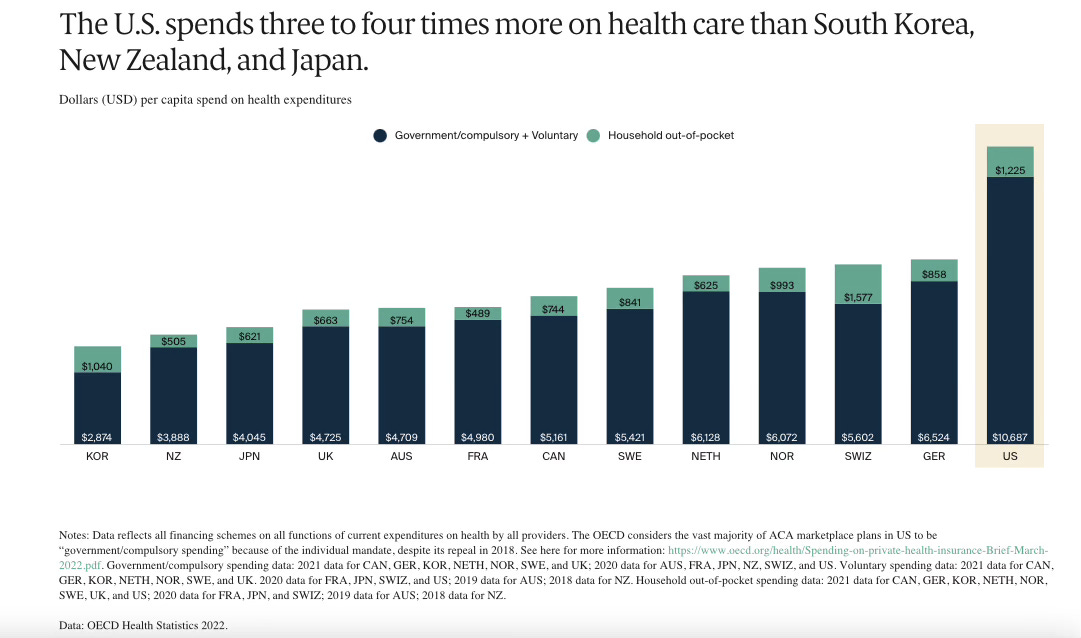
It’s the only high income country that doesn’t guarantee health care to its citizens; life expectancy at birth is 3 years lower than the OECD average.
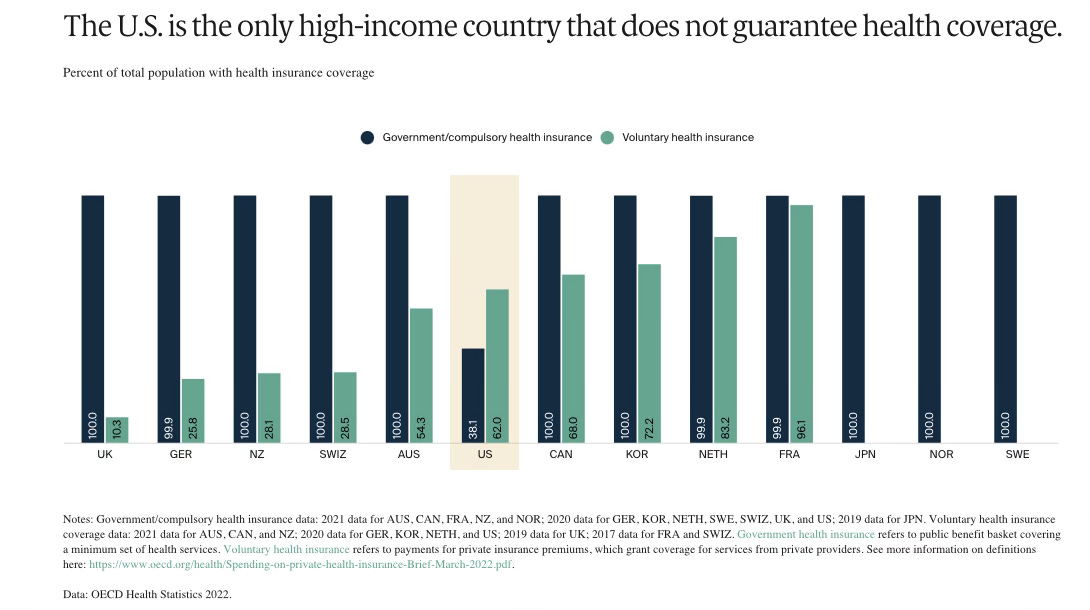
Not surprisingly, health care costs are the number 1 cause of personal bankruptcy for American families.
The Affordable Care Act 2010 mandated that people must purchase health insurance from private companies or pay a fine. There’s no public/government option so this was a bonanza for private companies like UnitedHealthcare. Of the top ten private US health companies, UnitedHealthcare is the biggest.
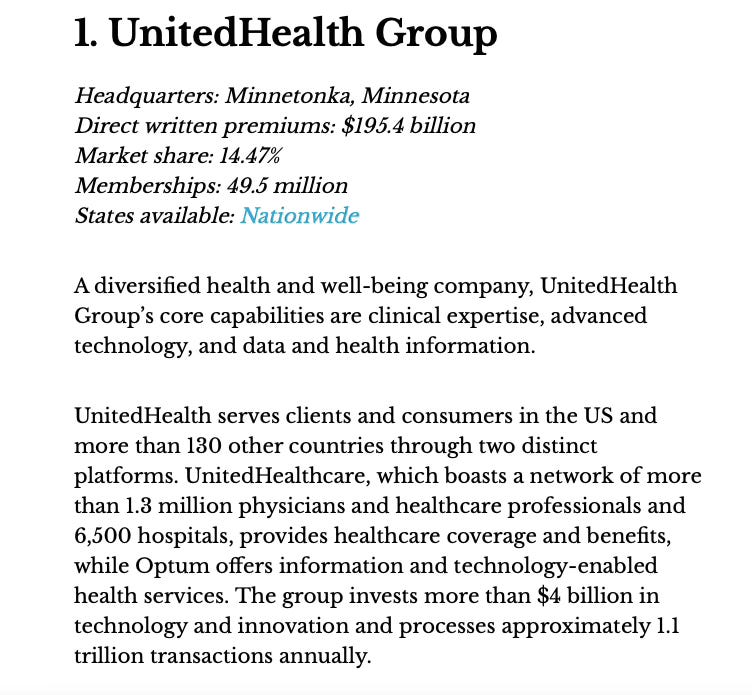
Guess what? UnitedHealthCare has been in the UK for many years. It ran primary care GP surgeries in England until 2011 but withdrew because things weren’t going terribly well. So it rebranded and refocused its efforts on the patient data market with Optum, which calls itself a “health services and innovation company.”
In June 2022, Optum acquired EMIS, a leading UK company in the area of electronic patient records. It supplies records across the NHS and has a major share of the electronic patient records market in NHS primary care services and in the UK pharmacy market. Since 2015, Optum has been part of NHS England’s Lead Provider Framework (LPF) for commissioning support services where it provides payroll and HR services, primary care IT, financial management and accounting, organisation development, patient engagement and policy, research and medicine protocol development.
Making patient data available to private companies is another step towards full NHS privatisation, long a Tory goal and now, under Starmer, an English Labour goal.
There are links between the UnitedHealth Group and UK politicians and top NHS people with several having passed through the industry/government revolving door. Simon Stevens, NHS CEO until 2021, was VP of United Health from 2004-2013, where he founded a lobby group, the Alliance for Healthcare Competitiveness, to force state-run health systems including the NHS to employ private US health firms.
Nick Seddon, UK Special Adviser for Health from 2013-16, left to become Executive VP of Optum - no vetting for conflicts of interest was required.

David Sharpe was NHS England’s director of commissioning operation for the central midlands sub-region until 2015 when he joined Optum as Senior VP for Growth Strategy in the UK.

Former GP Martin McShane, director for long term conditions and mental health from 2012-2015, joined Optum as chief medical officer for clinical delivery.
Health Secretary Wes Streeting has been showered with money from private health interests. More than 60% of the registered donations he’s received came from the private health sector. These people are expecting a return on their investment and so far, Streeting is delivering.
If Scotland is going to save its NHS from the privatisation vultures, the Scottish People need to step up and end the failing union.





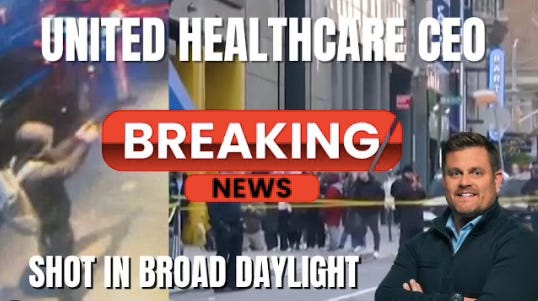
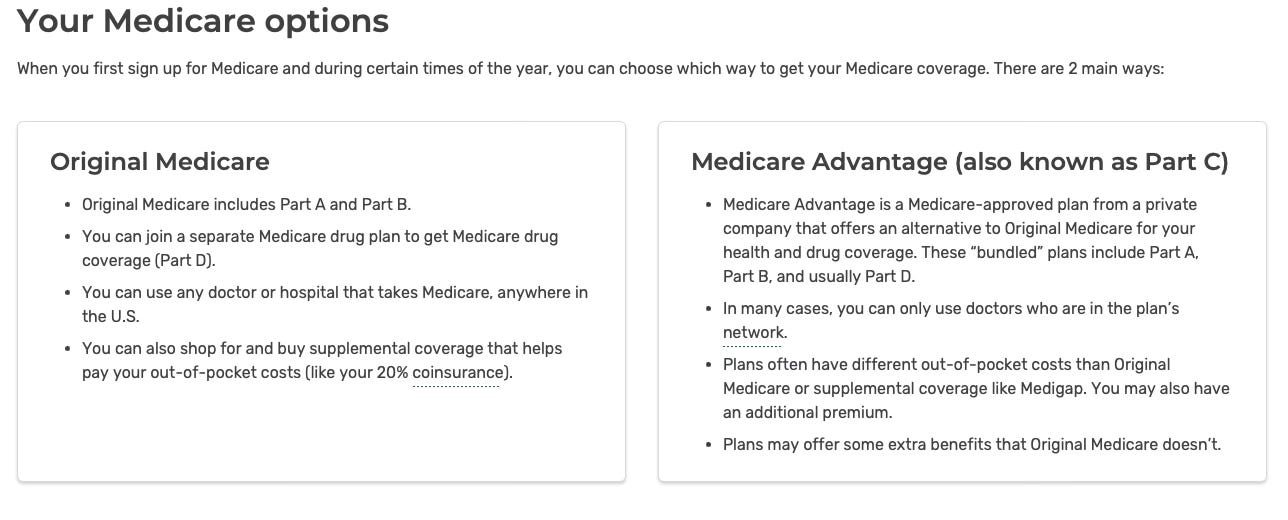

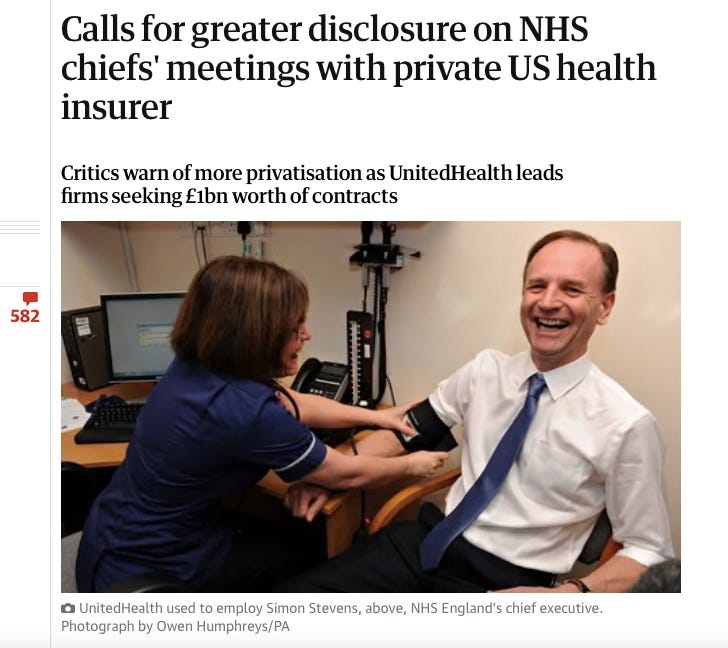
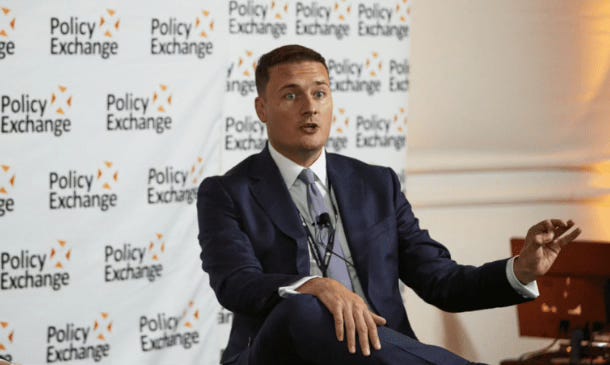
This subject makes me very emotional. Healthcare is a human right. Let us Americans be your warning.
From memory and from a handful of years ago, the US spend on health was around 18+% of GDP. I'm not surprised that they are looking beyond their borders for more easy, rich pickings, difficult to extract more from the US economy.